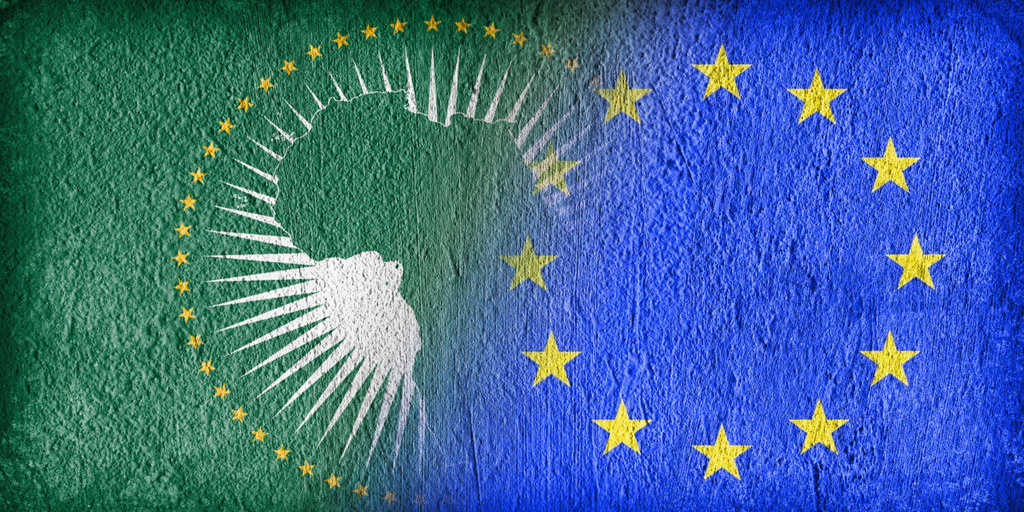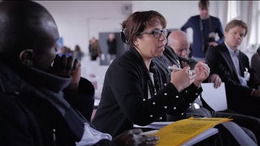The so-called refugee crisis has ushered in a new era of external migration policy. In the context of Germany’s need for skilled labor and demographic developments across much of the global south and in Africa in particular, the issue has become even more volatile. The trajectory of demographics in Germany is creating a growing number of skilled-labor shortages in certain industries and regions. At the same time, many countries of the global south have growing numbers of people of working age who face little hope of productive employment in their domestic labor markets. Efforts to match these needs, which are driven by contravening demographic forces, opens up the opportunity to institute a new migration policy that advances global sustainable development in ways commensurate with the Sustainable Development Goals (SDGs).
We aim to help make external migration policies more fair and in harmony with the goals of a triple-win approach
- within the framework of the Migration Strategy Group on International Cooperation and Development (MSG),
- by promoting partnerships in migration cooperation, and
- through the framework of the Global Forum on Migration and Development (GFMD).



![[Translate to English:] auf einem foto der Weltkugel spannen sich Fäden zwischen Deutschland und dem afrikanischen Kontinent](/fileadmin/files/_processed_/9/5/csm_923819707IMG_2887-04_b_9fab993de6.jpg)











